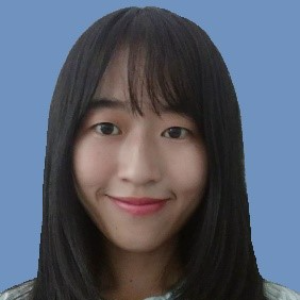Title : Machine-Learning-Assisted Screening of Pure-Silica Zeolites for Effective Removal of Siloxanes and Derivatives
Abstract:
As emerging organic contaminants, siloxanes have severe impacts on the environment and human health. Simple siloxanes and derivates, trimethylsilanol (TMS), dimethylsilanediol (DMSD), and monomethylsilanetriol (MMST), dimethylsulfone (DMSO2), are four persistent and common problematic compounds (PCs) from the hydroxylation and sulfuration of polydimethylsiloxanes. Through a two-step computational process, namely Grand Canonical Monte Carlo (GCMC) simulations and Machine Learning (ML), we systematically screened 50959 hypothetical pure-silica zeolites and identified 230 preeminent zeolites with excellent adsorption performances with all these four siloxanes and derivates. This work vividly demonstrates that the collocation of data-driven science and computational chemistry can significantly accelerate materials discovery and help solve the most challenging separation problems in environmental science.
Audience take away:
- The audience can use GCMC computations to compute the adsorption performance of different porous materials.
- The audience can use GCMC computations to compute the adsorption performance of porous materials towards various pollutants.
- The audience can use GCMC computations to compute the adsorption performance of porous materials, which can be used to compare/guide the experimental results.
- The audience can learn to apply machine learning methods to other green chemistry related projects, which will pave a new way for green chemistry.



